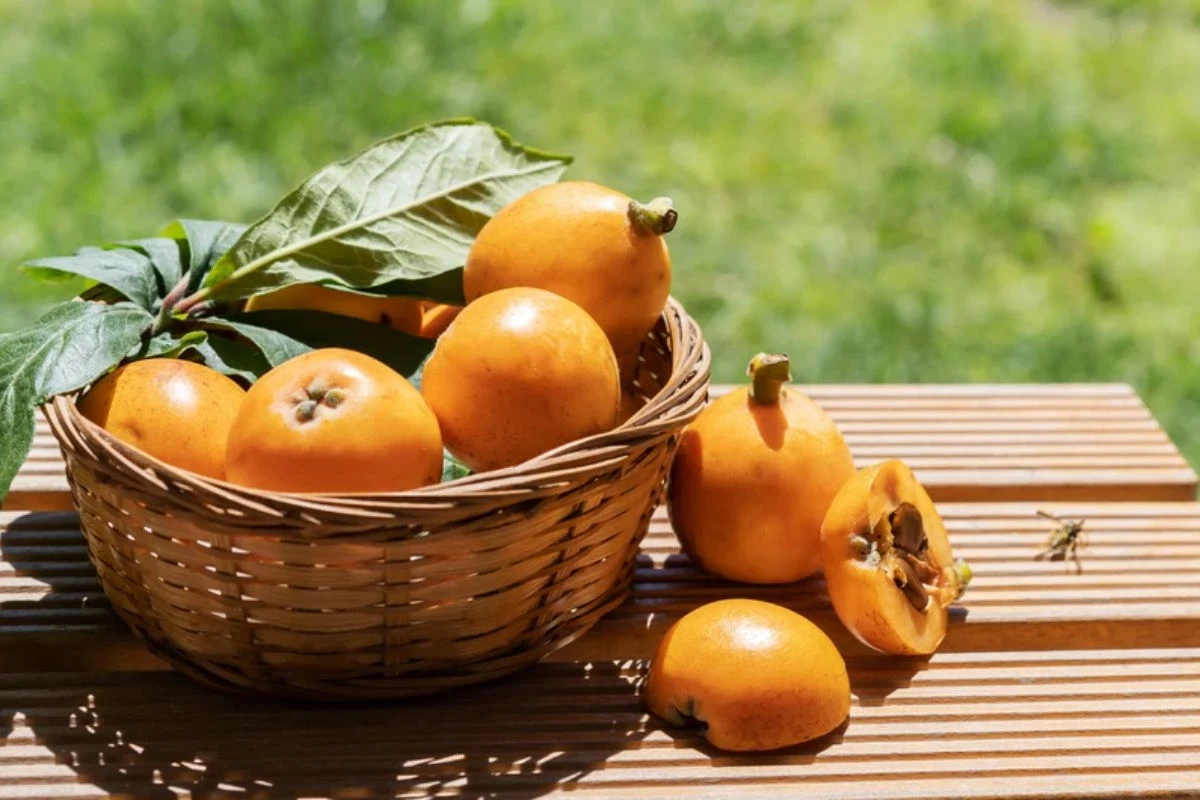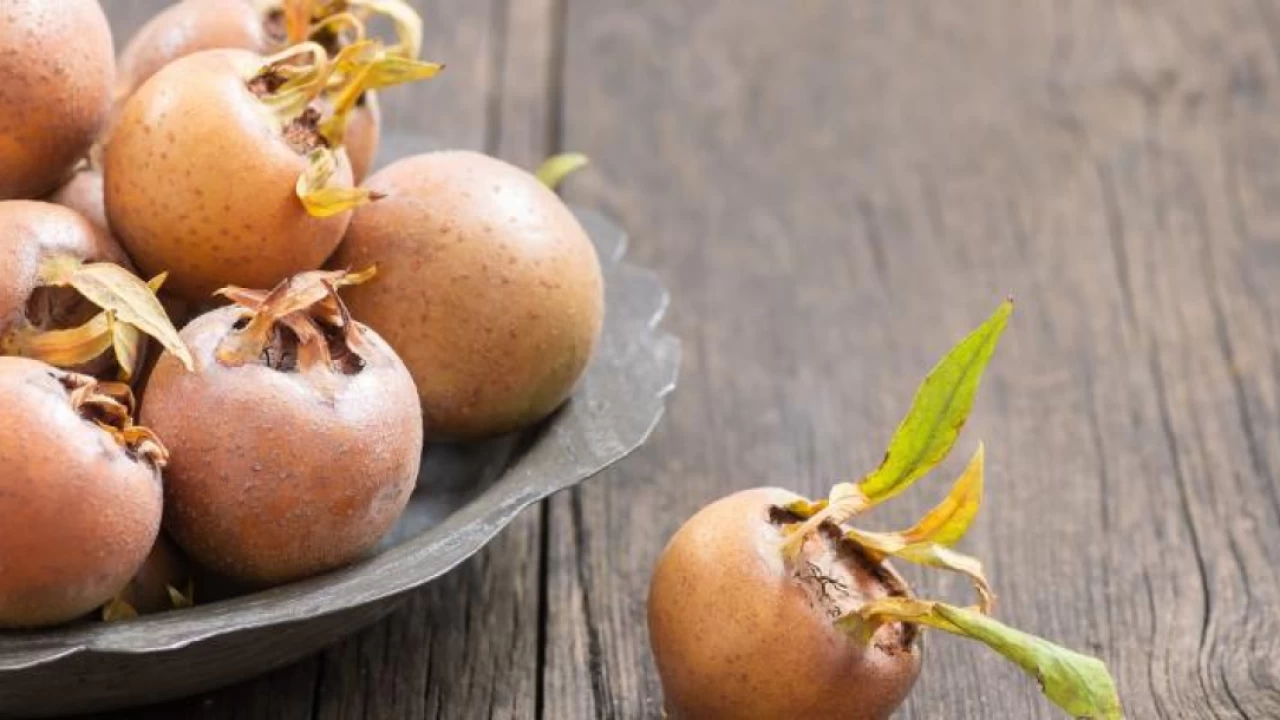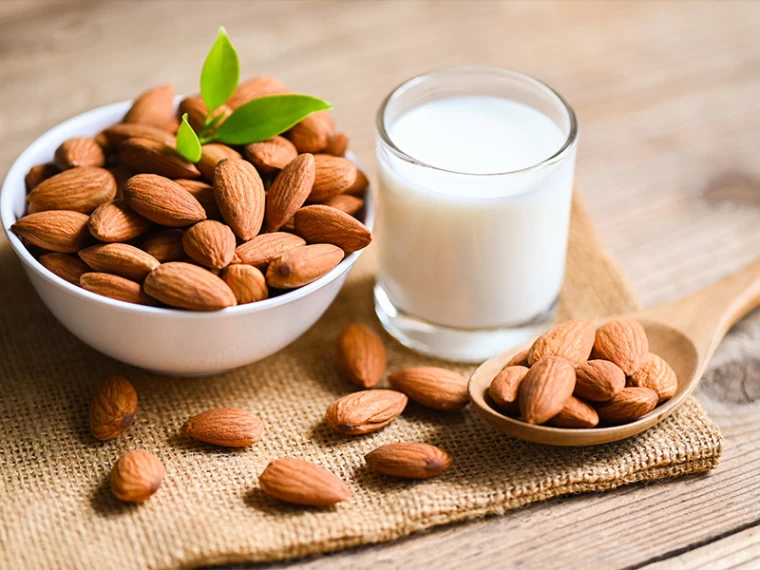Medlar (scientific name: Mespilus germanica) is a nostalgic and unique flavored autumn fruit that offers far more than just seasonal enjoyment. Revered in traditional medicine since ancient times, this small fruit is a hidden treasure of vitamins, minerals, and antioxidants with remarkable health benefits. In this comprehensive guide, we’ll explore the nutritional value and scientifically backed benefits of medlar to help you appreciate this gift of nature.
Nutritional Value: Small but Mighty
Medlar is a low-calorie fruit packed with essential nutrients. In every 100 grams, you’ll find:
- Energy: About 40–50 kcal
- Fiber: Rich in pectin, a soluble dietary fiber
- Vitamins: High in vitamin C, B-complex (B1, B2), and vitamin A
- Minerals: Contains potassium, magnesium, calcium, iron, and zinc
- Antioxidants: Includes phenolic compounds and flavonoids that fight free radicals
10 Remarkable Health Benefits of Medlar

This uniquely flavored fruit offers a wide range of therapeutic and wellness benefits:
- Supports Digestive Health & Relieves Constipation
Thanks to its high fiber content - especially pectin - medlar promotes bowel movement and acts as a natural remedy for constipation. It also helps regulate gut microbiota and improves overall digestive health.
- Rich in Antioxidants & Disease Prevention
Medlar is loaded with antioxidants like flavonoids and phenolic compounds. These neutralize free radicals, protecting cells from oxidative damage and reducing the risk of chronic diseases such as heart disease, diabetes, and certain cancers.
- Regulates Blood Pressure & Promotes Heart Health
Potassium in medlar helps flush excess sodium from the body and relax blood vessel walls, leading to lower blood pressure and improved cardiovascular health.
- Boosts Immune System
Vitamin C stimulates white blood cell production, enhancing the body’s resistance to infections, colds, and flu.
- Powerful Anti-Inflammatory Properties
Studies show that medlar fruit and leaf extracts have anti-inflammatory effects, which may help relieve symptoms of arthritis and joint pain.
- Supports Kidney Health & Prevents Kidney Stones
Traditionally known as a natural diuretic, medlar helps cleanse the kidneys and urinary tract, aiding in toxin removal and potentially preventing small kidney stones.
- Enhances Skin & Hair Health
Vitamin C and antioxidants promote collagen production and protect skin cells from environmental damage, helping maintain youthful, radiant skin.
- Suitable for Diabetics
Despite its sweet taste, medlar has a low glycemic index. Its fiber content helps regulate blood sugar absorption, making it a suitable snack for people with diabetes when consumed in moderation.
- Treats Diarrhea (With a Twist!)
Unripe medlar is rich in tannins and has astringent properties that help stop diarrhea. In contrast, ripe medlar acts as a natural laxative.
- Natural Energy Booster
With natural carbohydrates and B vitamins, medlar provides quick, healthy energy and helps reduce fatigue.
Important Note on Consumption
Medlar seeds contain amygdalin, a natural cyanide compound, which is toxic. Avoid eating or chewing the seeds.
Summary
Medlar is a small yet powerful autumn fruit with a wide range of health benefits, from supporting digestion and heart health to boosting immunity and reducing inflammation. Including medlar in your seasonal diet is a delicious and natural way to enhance your well-being. Don’t overlook this humble fruit when fall arrives!
Frequently Asked Questions (FAQ)
- Does medlar cause weight gain?
No. It’s relatively low in calories and high in fiber, which promotes satiety and may aid in weight management.
- When is the best time to eat medlar?
When fully ripe, soft and brown. At this stage, its astringent taste fades and it becomes sweeter and more nutritious.
- Can medlar leaves be used?
Yes. In traditional medicine, medlar leaf tea is used to treat conditions like oral thrush and respiratory issues. Always consult a herbalist or healthcare provider before medicinal use.
- What’s the difference between Iranian medlar and Japanese medlar (loquat)?
Iranian medlar (Mespilus germanica) ripens in autumn and must soften post-harvest before eating. Japanese medlar (Eriobotrya japonica), known as “Loquat” or “Kondos” in northern Iran, is a yellow-orange fruit harvested in spring with a different taste and nutritional profile.





